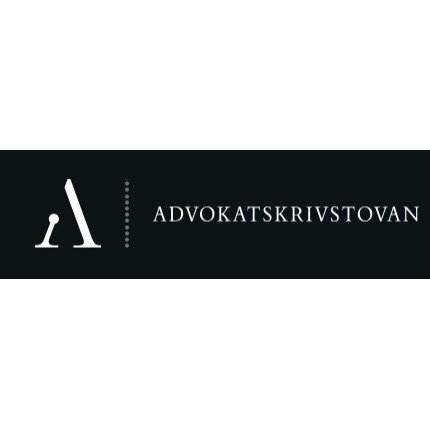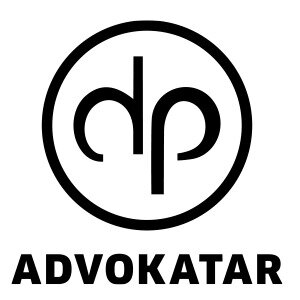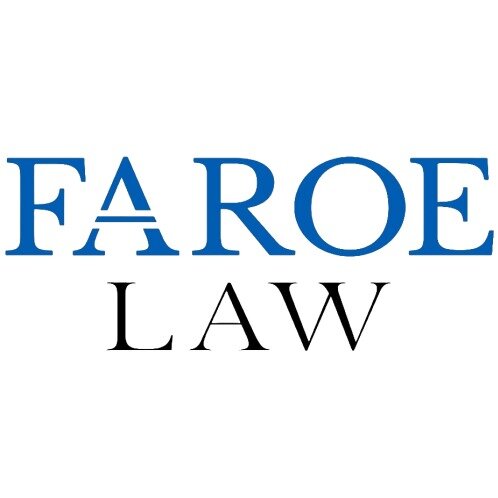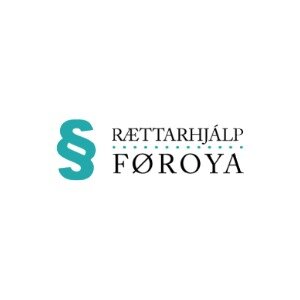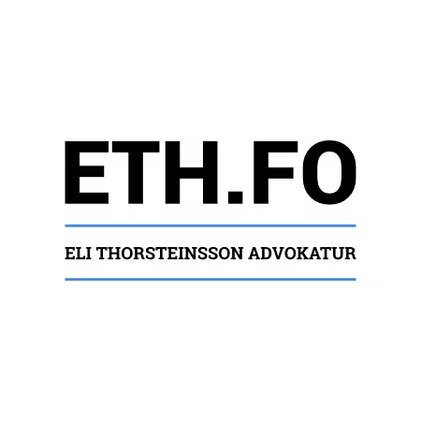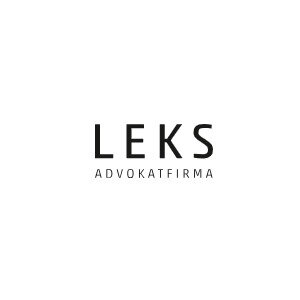Best Energy Regulatory Law Lawyers in Faroe Islands
Share your needs with us, get contacted by law firms.
Free. Takes 2 min.
Or refine your search by selecting a city:
List of the best lawyers in Faroe Islands
About Energy Regulatory Law in Faroe Islands
Energy Regulatory Law in the Faroe Islands governs the generation, transmission, distribution, and sale of energy resources such as electricity and oil. Given the islands' remote location in the North Atlantic and their reliance on both local and imported energy sources, regulation in this field is designed to ensure a reliable, sustainable, and affordable energy supply. The legal landscape is influenced by local statutes, the political relationship with Denmark, and environmental objectives, including targets for renewable energy integration and climate change mitigation.
Why You May Need a Lawyer
Individuals, businesses, and organizations may require legal assistance with Energy Regulatory Law in various situations. Common reasons include:
- Applying for licenses to generate or distribute energy resources
- Navigating disputes with utility providers or the grid operator
- Complying with local environmental and safety regulations
- Negotiating agreements for the purchase or sale of energy
- Understanding tariffs, subsidies, or financial incentives for renewable energy
- Dealing with regulatory investigations or penalties
- Resolving land use or zoning issues related to energy infrastructure projects
- Advising on compliance with European or international energy standards where applicable
Local Laws Overview
Energy regulatory matters in the Faroe Islands are shaped by domestic legislation, as the islands have self-governing powers in many areas including energy. The primary responsibility for energy policy and regulation lies with the Faroese government, although Danish and European Union considerations may influence broader policy. Key aspects include:
- Licenses and Permits: Nearly all activities related to energy generation, transmission, and distribution require official permissions from relevant governmental bodies.
- Renewable Energy Goals: The Faroese government has established ambitious targets for transitioning to renewable energy, especially wind and hydroelectric power, which are reflected in regulatory incentives and mandates.
- Market Regulation: The energy market is regulated to ensure fair pricing, competition, and consumer protection, with guidelines for both public utilities and private participants.
- Environmental Protection: Strict environmental rules apply to energy projects, particularly those impacting marine and coastal ecosystems, aligning with both local conservation goals and Denmark’s broader commitments.
- Tariffs and Subsidies: Rates, subsidies, and incentives are managed to encourage energy efficiency and renewable sources, subject to periodic review and legislative updates.
Frequently Asked Questions
What is the main energy regulator in the Faroe Islands?
The Faroese Energy Authority, operating under the Ministry of Environment, Industry, and Trade, is the chief regulatory body for electricity and energy matters in the Faroe Islands.
Do I need a license to operate a renewable energy facility?
Yes, you must obtain the appropriate license from the Faroese authorities to develop, construct, or operate any facility that generates energy, including wind, hydro, or other renewable resources.
Are there incentives for installing renewable energy equipment?
The Faroese government offers various incentives and grant programs to individuals and businesses investing in renewable energy solutions like solar panels or wind turbines, but eligibility and availability may change over time.
Who is responsible for setting electricity prices?
Electricity tariffs are regulated by the Faroese Energy Authority to ensure prices are fair, non-discriminatory, and reflective of operational and environmental costs.
What are the legal steps for resolving a dispute with a utility provider?
Most disputes are initially addressed through the provider’s customer service or complaints process, but unresolved matters may proceed to independent arbitration or be brought before the courts in accordance with Faroese law.
Can foreign investors participate in energy projects?
Foreign investment is permitted with appropriate governmental approval, but certain restrictions may apply to safeguard national interests and critical infrastructure.
What environmental regulations apply to energy projects?
All energy projects must comply with national environmental legislation, including requirements for environmental impact assessments and ongoing monitoring, particularly for projects near sensitive habitats.
How does energy regulation differ from Denmark or the EU?
The Faroe Islands have substantial autonomy in energy matters and are not part of the European Union. Local laws take precedence, although some standards may align with Danish or European practices.
Are there special rules for offshore energy development?
Yes, offshore energy activities such as wind farms or oil exploration are subject to additional permitting, maritime zoning, and environmental controls reflecting both economic and ecological considerations.
How can I find out about upcoming regulatory changes?
The Faroese government and Energy Authority regularly publish policy updates, legislative changes, and public consultations, which can be accessed through official notices or consultation with a specialized lawyer.
Additional Resources
If you need more information or assistance regarding Energy Regulatory Law in the Faroe Islands, the following resources may be helpful:
- The Faroese Energy Authority (Orkumálaráðið) - main government agency regulating energy matters
- Ministry of Environment, Industry, and Trade - oversees energy policy and sector oversight
- The Faroese Environment Agency - environmental regulations and project approval processes
- Faroese Bar Association - to locate qualified legal professionals with energy law expertise
- Local chambers of commerce and renewable energy industry groups
Next Steps
If you require legal assistance in the field of Energy Regulatory Law in the Faroe Islands, consider the following steps:
- Clearly define your legal issue and gather all relevant documents and communications
- Consult with a lawyer who specializes in Faroese energy law and understands local regulations
- Contact the relevant authorities for up-to-date information on licensing, compliance, or incentives
- Monitor for any policy changes or public consultations that might affect your interests
- If your matter involves potential disputes or enforcement action, seek legal advice at the earliest opportunity to understand your rights and obligations
Taking these steps can help ensure you remain compliant with local laws, protect your interests, and effectively navigate the energy sector in the Faroe Islands.
Lawzana helps you find the best lawyers and law firms in Faroe Islands through a curated and pre-screened list of qualified legal professionals. Our platform offers rankings and detailed profiles of attorneys and law firms, allowing you to compare based on practice areas, including Energy Regulatory Law, experience, and client feedback.
Each profile includes a description of the firm's areas of practice, client reviews, team members and partners, year of establishment, spoken languages, office locations, contact information, social media presence, and any published articles or resources. Most firms on our platform speak English and are experienced in both local and international legal matters.
Get a quote from top-rated law firms in Faroe Islands — quickly, securely, and without unnecessary hassle.
Disclaimer:
The information provided on this page is for general informational purposes only and does not constitute legal advice. While we strive to ensure the accuracy and relevance of the content, legal information may change over time, and interpretations of the law can vary. You should always consult with a qualified legal professional for advice specific to your situation.
We disclaim all liability for actions taken or not taken based on the content of this page. If you believe any information is incorrect or outdated, please contact us, and we will review and update it where appropriate.
Browse energy regulatory law law firms by city in Faroe Islands
Refine your search by selecting a city.



